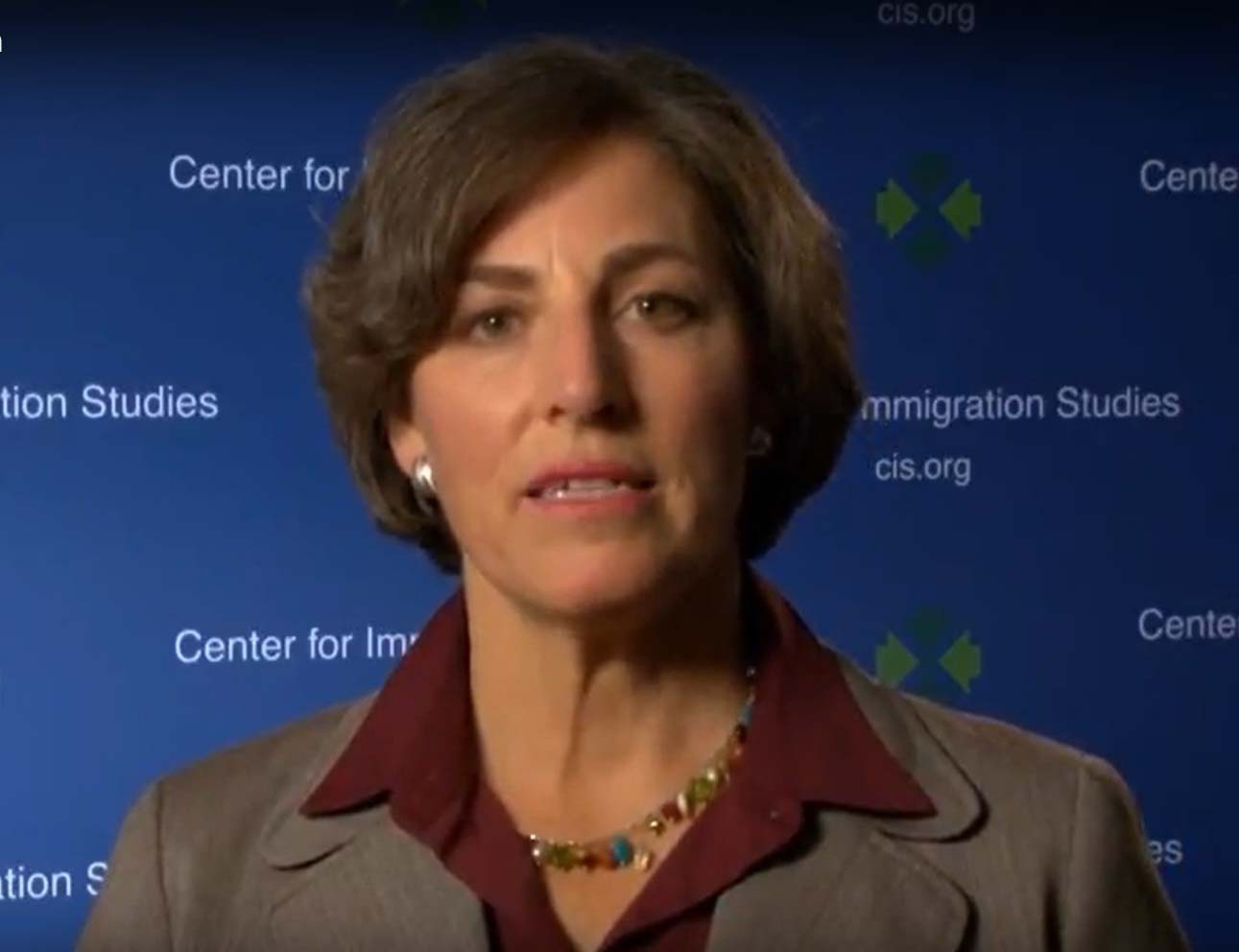WASHINGTON – Jessica Vaughan, Center for Immigration Studies’ director of policy studies, issued a video briefing on Dec. 14, revealing well over half of all immigrants who enter the United States and become legal permanent residents do so based on their family relationship to others who immigrated before them, otherwise known as chain migration, not on their ability to contribute to American society.
Akayed Ullah, the 27-year-old suspect in last week’s suicide bombing attempt in Times Square, arrived in the United States from Bangladesh in 2011 on a family visa, a family that was admitted on a diversity visa, a random lottery-type visa, also not based on an immigrant’s ability to contribute to American society.
Vaughan believes the country’s immigration system needs to be modernized and suggests reforming our chain migration policies, which currently extends to include not only spouses and parents, but grandchildren, brothers and sisters, nieces and nephews, and even in-laws, and have skills, education and background play a larger role in immigrant admissions.
Vaughan stated, “Every year the United States admits more than a million new immigrants. But most people don’t realize that the majority of new immigrants we take in come not because of any special jobs or skills but because they were sponsored by relatives who came earlier.”
In 2015, 512,925 immigrants were admitted into the country through chain migration, making up 49 percent of the total admitted that year.
In 2016, 4.3 million people were on the waiting list for family-based immigrant visas.
From 1981 to 2016, chain migration was responsible for 61 percent of all immigrants admitted.
In other words, under our current law, every new immigrant we admit sponsors an average of three additional immigrants through chain migration.
Vaughan recommends trimming chain migration as an important way to modernize our immigration system, so that we would be emphasizing skills, education and self-sufficiency over family relationships.





